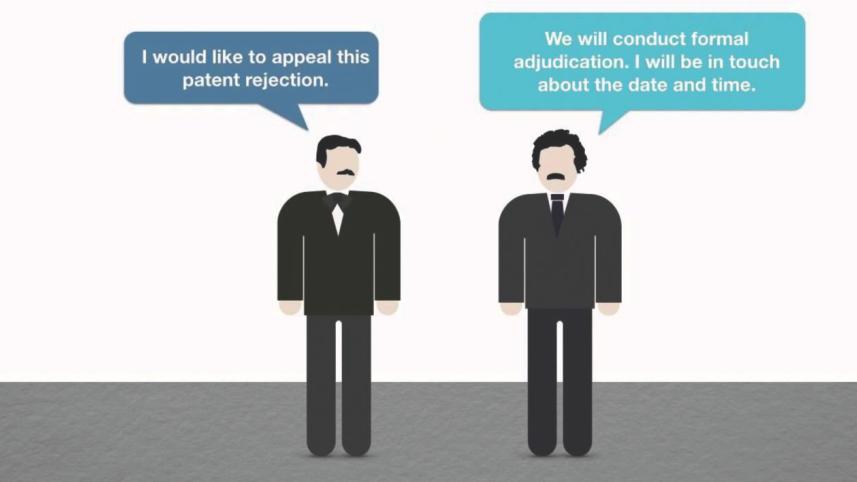Effectiveness of adjudication

It is fair to say that alternative methods of dispute resolution (ADR) seeks to avoid the uncertainty, unpredictability, delay and high cost that are often associated with traditional litigation, while still offering a structured and predictable process to litigants.
Along with a number of other avenues depending on the context of the dispute, adjudication a form of ADR, though not much in focus in the near past, is now immensely popular in the construction and procurement disputes . In the UK for example, in over 90% cases decisions of an adjudicator are either accepted or results in final settlement. Same is the view in South Africa but the difference being adjudication is now backed by statute in the former (so as in Australia, New Zealand, Singapore &Hong Kong) whereas it is a matter of contract in the latter. In the public procurement sector also the World Bank is advocating that such procedures be used to project its funds. Same can be seen in the UNCITRAL's Model Law on Public Procurement.
In Bangladesh, construction industry most commonly adopts adjudication as a matter of contract between the parties and the Public Procurement Rules (PPR 2008, Part 6, clause 42) also directs adjudication to be held, failing amicable settlement, which may be followed by arbitration.
An adjudicator generally is a third part intermediary, expert in the relevant field, who is appointed by the contracting parties to resolve disputes whose decision is final and binding unless the parties choose to have it reviewed by arbitration or litigation. The method is faster and more cost effective than arbitration. An adjudicator is completely independent and paid jointly by the parties.
It can also be said that adjudication often concerns money claims , best suited for larger projects with sophisticated contractors. One the other hand, consumer adjudication schemes operated by trade associations, industry sectors or large companies with a consumer focus, are also now quite common to help deal with consumer complaints about their members, and generally focus on low value claims and aim to provide efficient results.
Adjudication can be made mandatory or a default provision so that the person declaring a dispute can best decide whether this is the most appropriate method in that context. As a comparison with arbitration it can be said that during the course of the contract, the dispute is likely to be about payment and the contractor will probably opt for adjudication, but at the end of the contract, where the dispute may be about the final account, he will prefer finality over speed and rather opt for arbitration. In mediation, although the mediator controls the process, he does not impose any resolution or opinion on the merits of the case, promoting a win/win situation, leaving the disputants themselves to control the outcome. Adjudication is a quasi-judicial process which is not directly enforceable in the absence of a court order.
A typical adjudication will be completed within 28 days or be extended up to 42 days. An Adjudicator has the duty to act impartially and has immunity from suit unless something is done or not done in bad faith. Many organisations such as Centre for Effective Dispute Resolution (CEDR), Construction Industry Council (CIC) in the UK have developed their own rules of adjudication. A Court may order mandatory injunction for complying with the order of an adjudicator and often a judgment in summary form follows in quick time.
An adjudicator's order is not appealable and when arbitration or litigation takes place following adjudication, the matter is heard afresh. Having said this, an order may be resisted for lack of jurisdiction, or for error of law and procedural unfairness. Hence if an adjudicator decides an issue not falling within the scope of the dispute or answers a wrong question in law or fails to give parties reasonable opportunity to present its case or acts with bias – his decision may not be enforced.
In substance its popularity has led to the view that adjudication should be applied to all categories of construction contracts, at both prime and subcontract level, and should be a mandatory requirement for the settlement of disputes prior to the completion of the contract. However, since enforcement of adjudicator's decision is crucial for its success, it would have been more effective if the method was backed up by legislation which has happened in the UK and a number of other countries.
It is hoped that adjudication will be in use more often in Bangladesh in various larger projects which will in most likelihood save the parties from cost, complexity and delay.
The writer is an MCIArb, a Barrister and an Advocate of Supreme Court.



 For all latest news, follow The Daily Star's Google News channel.
For all latest news, follow The Daily Star's Google News channel.
Comments